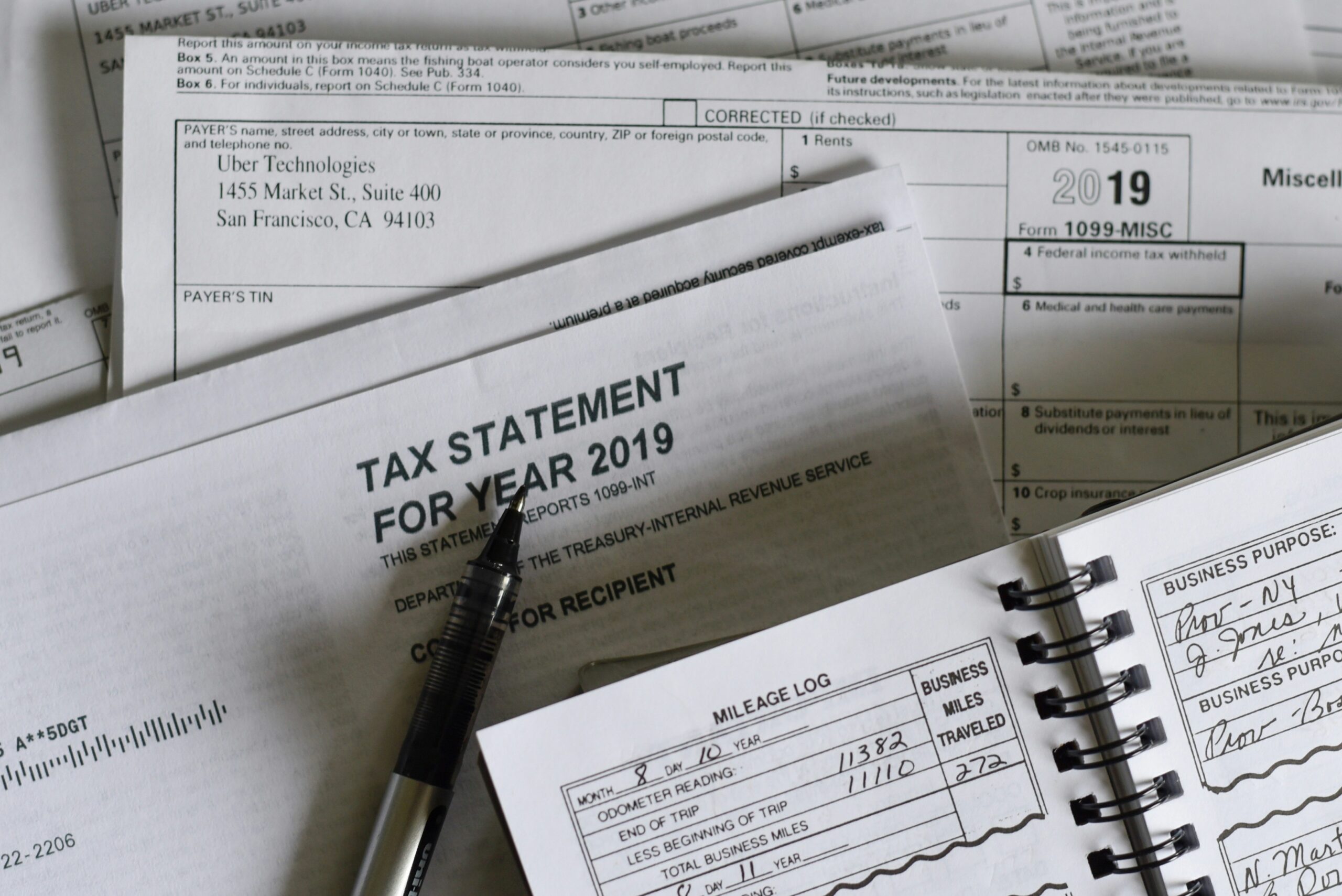
Understanding Tax-Efficient Wealth Planning
Tax-efficient wealth planning is more than a financial trend; it’s a strategy to protect your money while growing it over time. Many people focus only on high returns, but taxes can quietly erode your gains. By adopting innovative tax strategies, you can retain more of your earnings and build long-term security.
Financial peace of mind starts with understanding how taxes affect every financial move. From investments to retirement accounts, every decision has tax implications. Learning to minimize these efficiently ensures your wealth works for you, not the tax system.
Transitioning your mindset from chasing returns to maximizing after-tax growth can change your financial future. A slight adjustment in strategy can significantly increase the money you keep and allow you to plan with confidence.
Benefits of Tax-Smart Investment Strategies
Investing wisely goes beyond choosing the right assets. Tax-smart investment strategies aim to reduce your taxable income and maximize long-term wealth. Techniques like tax-loss harvesting, retirement account optimization, and municipal bonds can provide substantial advantages.
Tax-loss harvesting lets you offset gains with losses, reducing your taxable income. Strategic contributions to IRAs and 401(k)s delay taxes until retirement, when you may be in a lower tax bracket. Municipal bonds often provide tax-free income, giving you another tool to protect your earnings.
These strategies are not about avoiding taxes—they are about planning efficiently. Each approach ensures your wealth grows while minimizing unnecessary taxation. As a result, your financial plans become more predictable and less stressful.
Planning for Retirement with Tax Efficiency
A secure retirement requires careful tax-efficient wealth planning. Many retirees underestimate the impact taxes can have on their savings. By designing your retirement portfolio with tax strategies in mind, you can ensure your money lasts longer.
Using Roth accounts, for instance, allows tax-free withdrawals in retirement. Traditional retirement accounts defer taxes now, reducing your taxable income today. Combining these tools can provide flexibility and reduce surprises during retirement years.
Additionally, reviewing your investment withdrawals and timing them strategically can prevent enormous tax burdens. Even minor adjustments can save thousands over time, giving you greater control over your retirement income.
Minimizing Tax Liability on Investments
Investment income often comes with higher taxes if not managed correctly. Dividend-paying stocks, mutual funds, and capital gains are all subject to taxation. Understanding the rules and planning helps preserve more of your wealth.
Long-term capital gains typically have lower tax rates than short-term gains. Strategically holding assets for over a year can significantly reduce taxes. Similarly, reinvesting dividends in tax-advantaged accounts or selecting tax-efficient mutual funds minimizes annual tax exposure.
By planning, you can align your investment strategy with your tax goals. This alignment reduces surprises, protects your money, and supports steady growth without compromising financial peace.
Creating a Tax-Efficient Estate Plan
Wealth planning does not stop with investments; estate planning is equally critical. Without tax-efficient strategies, heirs may face unnecessary financial burdens. Proper planning ensures your legacy transfers smoothly and minimizes tax impact.
Trusts, gifting strategies, and charitable contributions can reduce estate taxes. Setting up a family trust or charitable remainder trust allows you to pass assets efficiently while supporting causes you care about. Planning early ensures your estate grows according to your wishes and preserves your family’s financial security.
Regularly reviewing your estate plan is essential. Changes in tax laws, asset values, and family circumstances require updates. Staying proactive protects your wealth and guarantees peace of mind for you and your heirs.
Common Mistakes in Tax-Efficient Planning
Even experienced investors can make mistakes that undermine tax efficiency. Common errors include neglecting tax implications, overtrading, or relying solely on standard deductions. Awareness of these pitfalls helps you avoid unnecessary financial losses.
Failing to diversify account types can lead to higher taxes in retirement. Overlooking tax-loss harvesting opportunities reduces potential savings. Not updating your estate plan may result in unintended tax consequences.
Avoiding these mistakes involves regular reviews, strategic planning, and consultation with financial professionals. Taking these steps ensures your wealth planning remains tax-efficient, reducing stress and maximizing your financial outcomes.
Steps to Start Your Tax-Efficient Wealth Plan
Assess Your Current Situation: Review all accounts, investments, and tax liabilities.
Set Clear Financial Goals: Define retirement, education, and wealth transfer objectives.
Implement Tax-Smart Strategies: Utilize retirement accounts, municipal bonds, and tax-loss harvesting.
Review and Adjust Regularly: Tax laws and personal circumstances change; stay proactive.
Consult Professionals: Work with tax advisors and financial planners to refine strategies.
Following these steps helps ensure you retain more wealth, reduce unnecessary taxes, and achieve financial peace. Every decision, no matter how small, contributes to your long-term financial security.
Tax-efficient wealth planning is not just about minimizing taxes—it’s about maximizing your money and achieving true financial peace. By understanding the impact of taxes, applying innovative investment strategies, planning for retirement, and managing your estate wisely, you protect your wealth and secure your future.
The key to financial security lies in consistent, informed action. With tax-efficient strategies at the core of your planning, you can enjoy peace of mind while watching your wealth grow steadily. Start today and take control of your financial destiny.